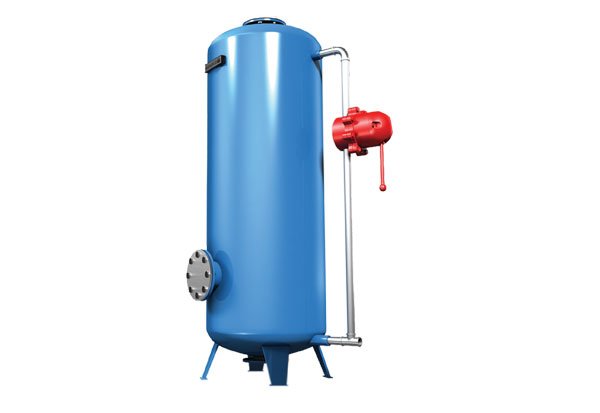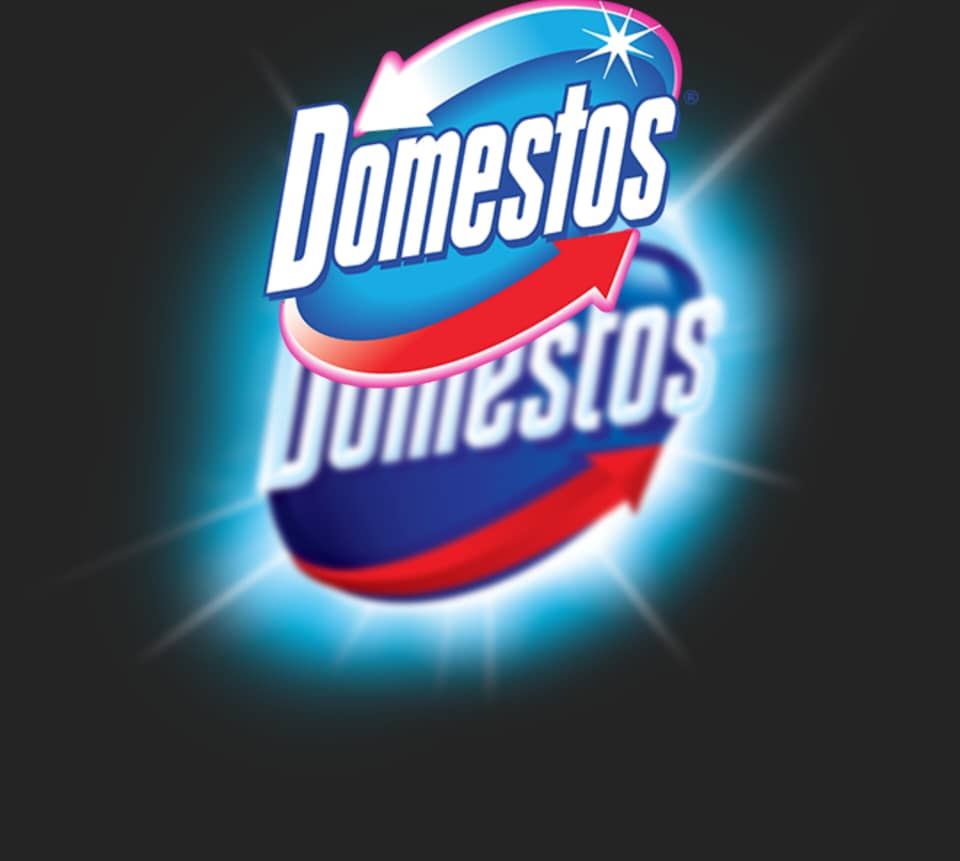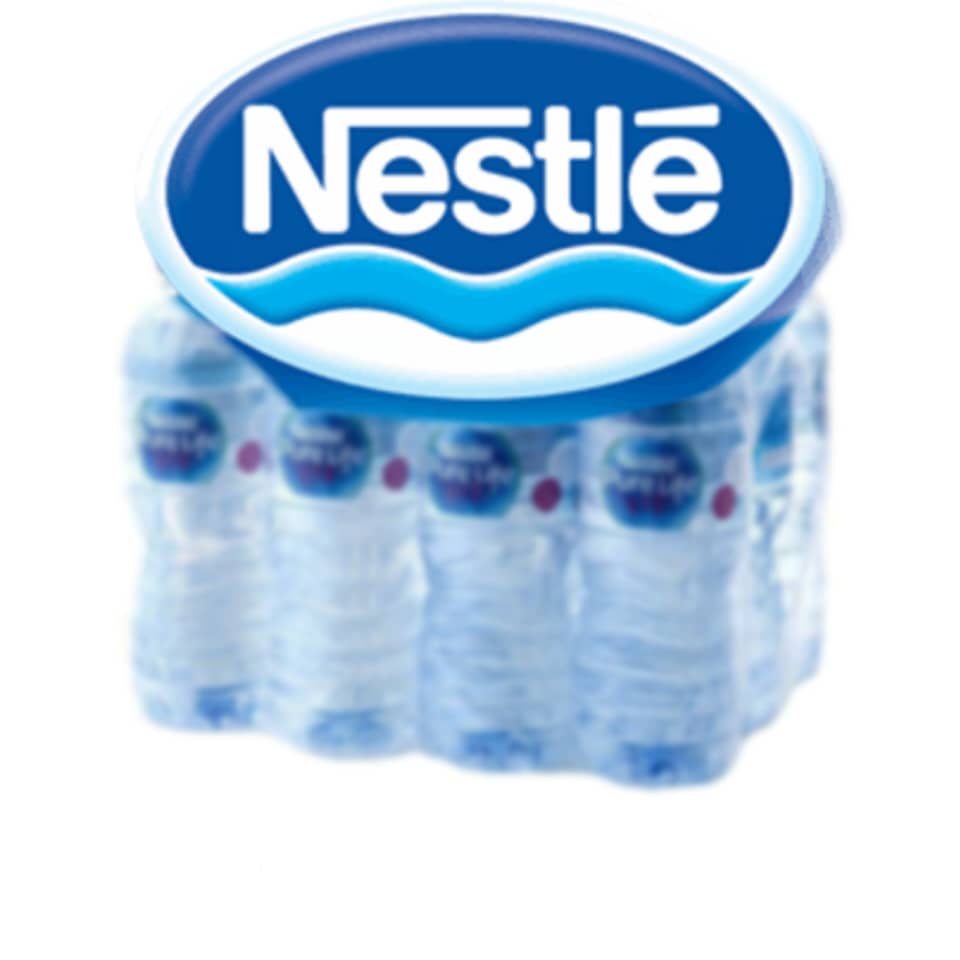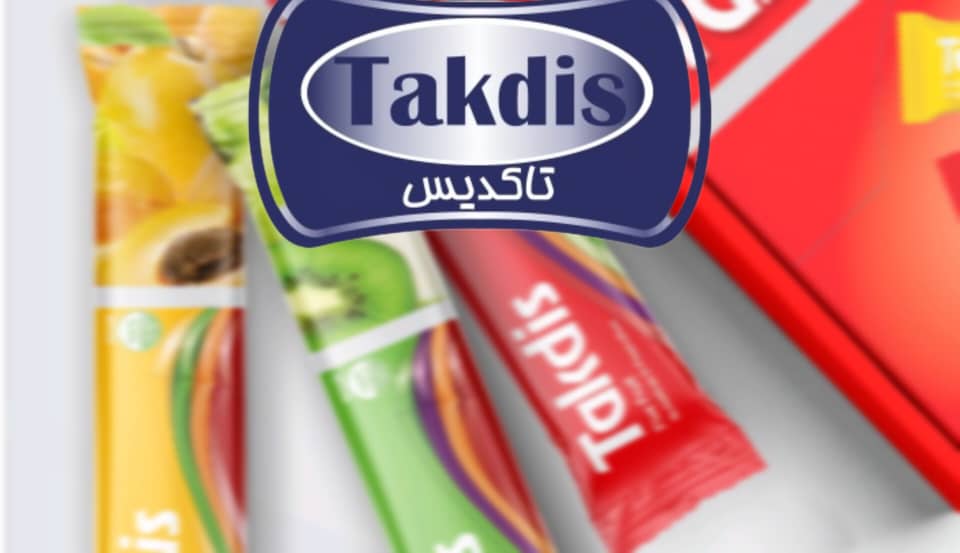
- Seen : 659 View
Calcium and magnesium salts in water are called water hardness. Compounds related to calcium carbonate, magnesium in water are called temporary hardness and salts related to sulfate, chloride and nitrate are called calcium or magnesium permanent hardness. The sum of the permanent and temporary hardnesses is the total hardness of the water.
Existence of hardness in water, especially in industrial and installation uses, causes several problems due to high deposition and corrosion, the most important of which are:
Ø Intensification of corrosion and sedimentation in thermal installations
Ø Reduce heat transfer efficiency and increase energy consumption
Ø Creating white stains and deposits on the pipes
Ø Reduction of water flow transfer process due to the formation of hard deposits in the inner wall of pipes and tanks
Ø Increase the use of anti-fouling and corrosion chemicals in the system
گرم Overheating of metal surfaces and reduced equipment life
The most common way to remove water hardness is to use resin-type hardeners, which are based on ion exchange. The advantage of this method is that it does not produce sediment in the process by exchanging sodium ions or calcium og magnesium ions in water, but after a while, the efficiency of the hardening process gradually decreases and the resins must be recovered. And be revived. Therefore, with the passage of sodium chloride solution, 10% of the resin bed is regenerated at a constant rate and flow rate, and the purity of the salt is a very important factor in the proper reduction of hard cationic resins.
The use of muddy water with suspended solids, as well as water that contains iron, manganese, copper and other heavy metals, hardens the hardening resins quickly and reduces the yield of the device. It is recommended to use a suitable filter before the hardening device. Resin hardeners are safer in terms of performance than magnetic, electronic and ultrasonic descalers that keep solutes suspended only in water due to their ion exchange and removal of water-soluble hardness, but on the other hand hardeners Resins require constant and regular backwashing and regeneration operations.
General features of the stiffener are:
. They are designed and made of steel sheet with suitable thickness to withstand 7 times pressure by the hardening column.
داخلی The hardened inner body is covered with epoxy anti-corrosion coatings after complete rust removal, cleaning and sandblasting.
ی Each hardening device includes inspection valve, piping network equipped with valves of water inlet and outlet nozzles, ventilation fittings, pressure gauge, polyethylene tank for storage of regenerative solution.
Ø The minimum and maximum working pressures suitable for hardening devices are 2 and 5 bar, respectively.
Saler Company Information










